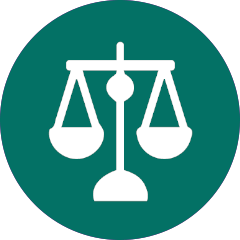Ethics for Peer Reviewers

As a reviewer, you have a crucial role in supporting research integrity in the peer review and publishing process. This guide outlines some of the basic ethical principles that you should expect to follow.
These recommendations are based on the Committee on Publication Ethics (COPE) Ethical Guidelines for Peer Reviewers. Visit the COPE website to see the full ethical guidelines for reviewers.
PLOS is a member of the Committee on Publication Ethics (COPE). We abide by the COPE Core Practices and follow COPE’s best practice guidelines.
Basic ethical guidelines for peer reviewers

Choose assignments wisely
You should agree to review a manuscript only if you have the appropriate subject expertise and a sufficient amount of time to complete the review, in accordance with the journal deadline.

Provide an objective, honest, and unbiased review
→ Declare any potentially competing interests and/or recuse yourself from assignments if you have a conflict of interest.
→ Make sure your perspective is not influenced by authors’ origins, nationality, beliefs, gender, or other characteristics.
→ Do not impersonate another individual in your work as a reviewer.

Honor the confidentiality of the review process
Do not share information about manuscripts or reviews during or after peer review, and do not use any information from the review process for your own advantage.

Be respectful and professional
Make sure your review comments are professional. Keep your focus on the work and not on the individuals.
Read more about peer review ethics
Council of Science Editors, Reviewer Roles and Responsibilities
International Committee of Medical Journal Editors, Responsibilities in the Submission and Peer Review Process – Reviewers
Thank you for helping to promote greater transparency and integrity in the review process!